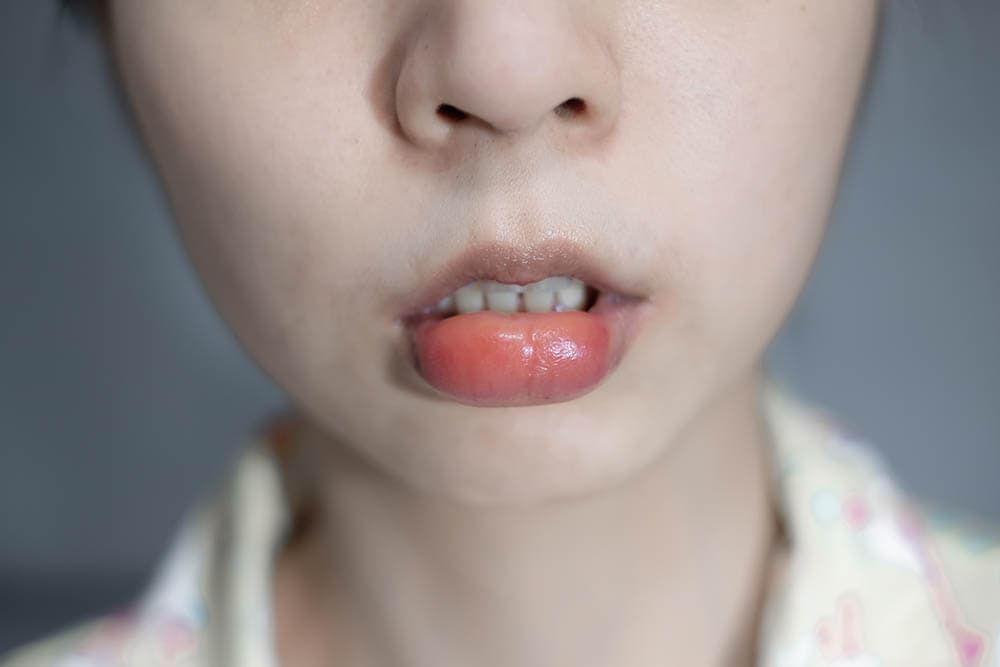
Caffeine is a powerful substance that helps many people get going each day. While consuming too much can give most people jitters or make it difficult to sleep, some people seem to be extra sensitive and can begin feeling anxiety after only drinking a single cup. Many people want to know if it is possible to be allergic to caffeine, and the short answer is yes. Although it is rare, some people are allergic to caffeine and can have a serious reaction if they consume it. Keep reading as we discuss how to know if you are allergic and a few of the symptoms. We also discuss how much caffeine is safe and what to do if you drink too much.
Is too much caffeine dangerous?
Most experts recommend limiting the amount of caffeine that you consume each day to about 400 milligrams (mg) to prevent health risks. When following these guidelines, most people don’t have any problems outside the occasional nervous feeling. However, people who are hypersensitive or allergic to caffeine can start experiencing symptoms of an overdose after consuming much less than 400 mg. While a caffeine allergy is rare, a person with this condition can start to suffer tremors or insomnia after drinking just 1 cup, and in many cases, the effects can last many hours, as caffeine takes a long time to leave the system.

What happens if I drink too much caffeine?
For most people, consuming too much caffeine can lead to restlessness, jitters, and even frequent trips to the restroom due to its diuretic effects. Some people also suffer from headaches, increased heart rate, and high blood pressure. Irritability is common in people who drink too much caffeine, and it is often a symptom of someone sensitive to it.
What are the symptoms of a caffeine allergy?
Symptoms of a caffeine allergy can be similar to those of a caffeine overdose but can be more extreme in many cases. Sufferers often complain that their mouth, tongue, and lips are itchy shortly after consuming the beverage. These areas might also become swollen, and hives may even develop. If the person is extremely sensitive, they can suffer symptoms of anaphylaxis, which include wheezing or coughing and difficulty breathing because of a swollen tongue or throat.

What causes a caffeine allergy?
Like any other allergic reaction, a caffeine allergy is usually the result of the body perceiving a substance as harmful and attacking it with antibodies, which results in allergy symptoms.
What is the difference between an allergy and an overdose?
While an allergy and an overdose may have similar symptoms, including anxiety, rapid heart rate, and increased blood pressure, overdose sufferers usually don’t have itchy or swollen lips and shouldn’t get hives. People suffering from an overdose have usually consumed many cups of coffee or energy drinks that put them over the recommendation of 400 mg of caffeine per day, while allergy sufferers can begin experiencing symptoms after consuming only a few mouthfuls.

Can a doctor determine if I have a caffeine allergy?
Yes. If you feel that you are sensitive to caffeine, we highly recommend discussing your symptoms with your doctor to determine if you are allergic. The physician will usually apply a small amount of the allergen to your arm to test for an allergy and watch it for a reaction. If a reaction occurs, you likely are allergic to caffeine.
How can I treat a caffeine allergy?
If you have a caffeine allergy, the best way to avoid any problems is to avoid consuming it. This can be challenging because it is in many different types of food, including chocolate. Caffeine is also popular in cosmetics and skincare products, so it’s important to read labels carefully before using something new. If you are already experiencing problems, you can increase your physical activity, like going for a long walk or bike ride, to help burn off some of the caffeine. Some people also experience benefits from B vitamins, and if you can sleep, that will usually help. Your doctor might also prescribe an antihistamine to help with allergic reactions.
Conclusion
While a caffeine allergy is rare, some people do have it. For them, a small amount of caffeine will do more than cause anxiety or the jitters; it can lead to swelling and itchiness of the mouth, making it difficult to breathe, speak or eat. If you experience any allergy symptoms, it’s important to contact your doctor immediately to acquire the proper medication and recommendations. You will likely have to avoid caffeine in the future to protect your health. Many people who chronically consume more than 400 mg per day and suffer problems more in line with a caffeine overdose should feel better if they cut back.
Featured Image Credit: Antonio Guillem, Shutterstock
Table of Contents
- Is too much caffeine dangerous?
- What happens if I drink too much caffeine?
- What are the symptoms of a caffeine allergy?
- What causes a caffeine allergy?
- What is the difference between an allergy and an overdose?
- Can a doctor determine if I have a caffeine allergy?
- How can I treat a caffeine allergy?
- Conclusion














